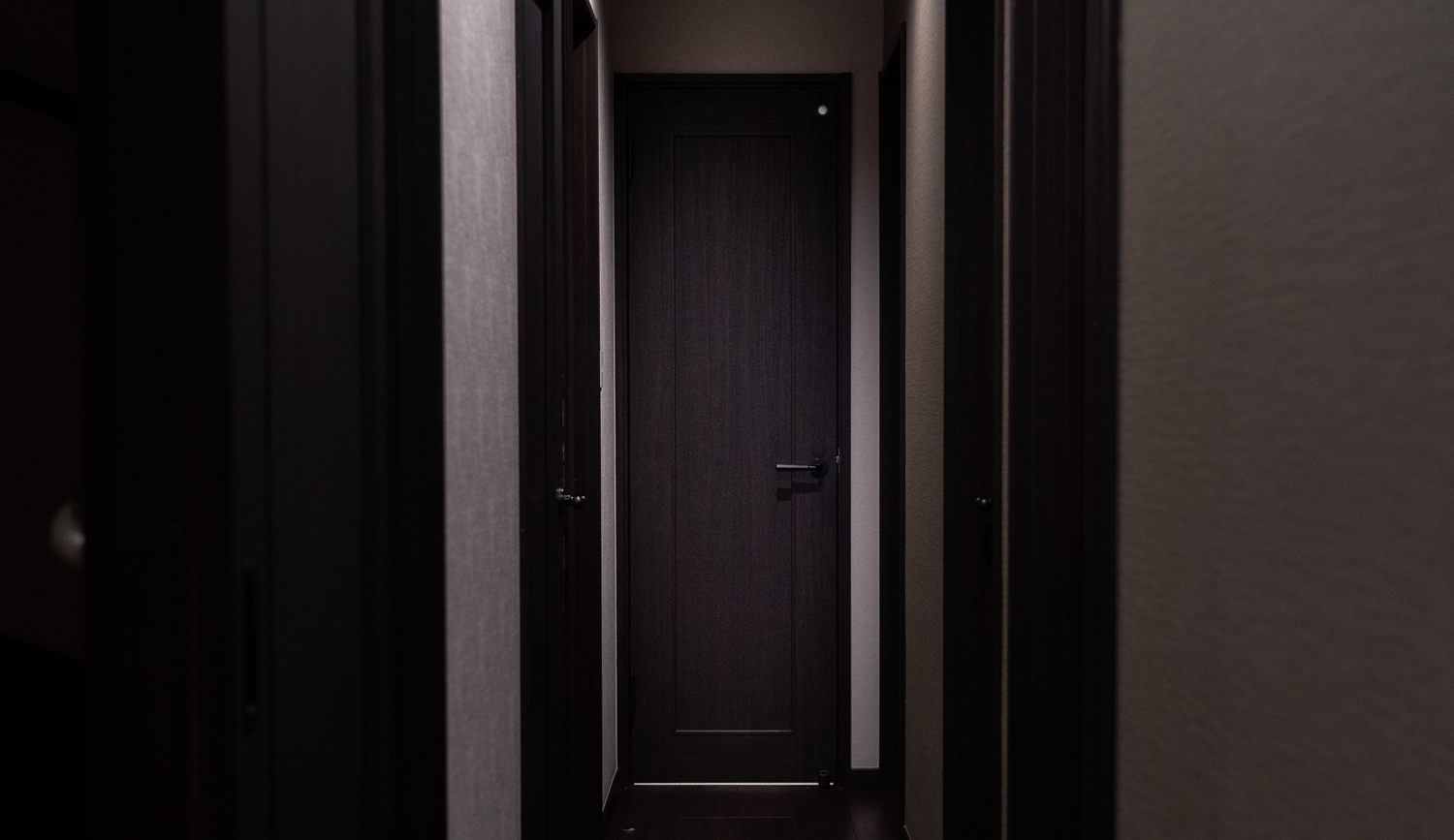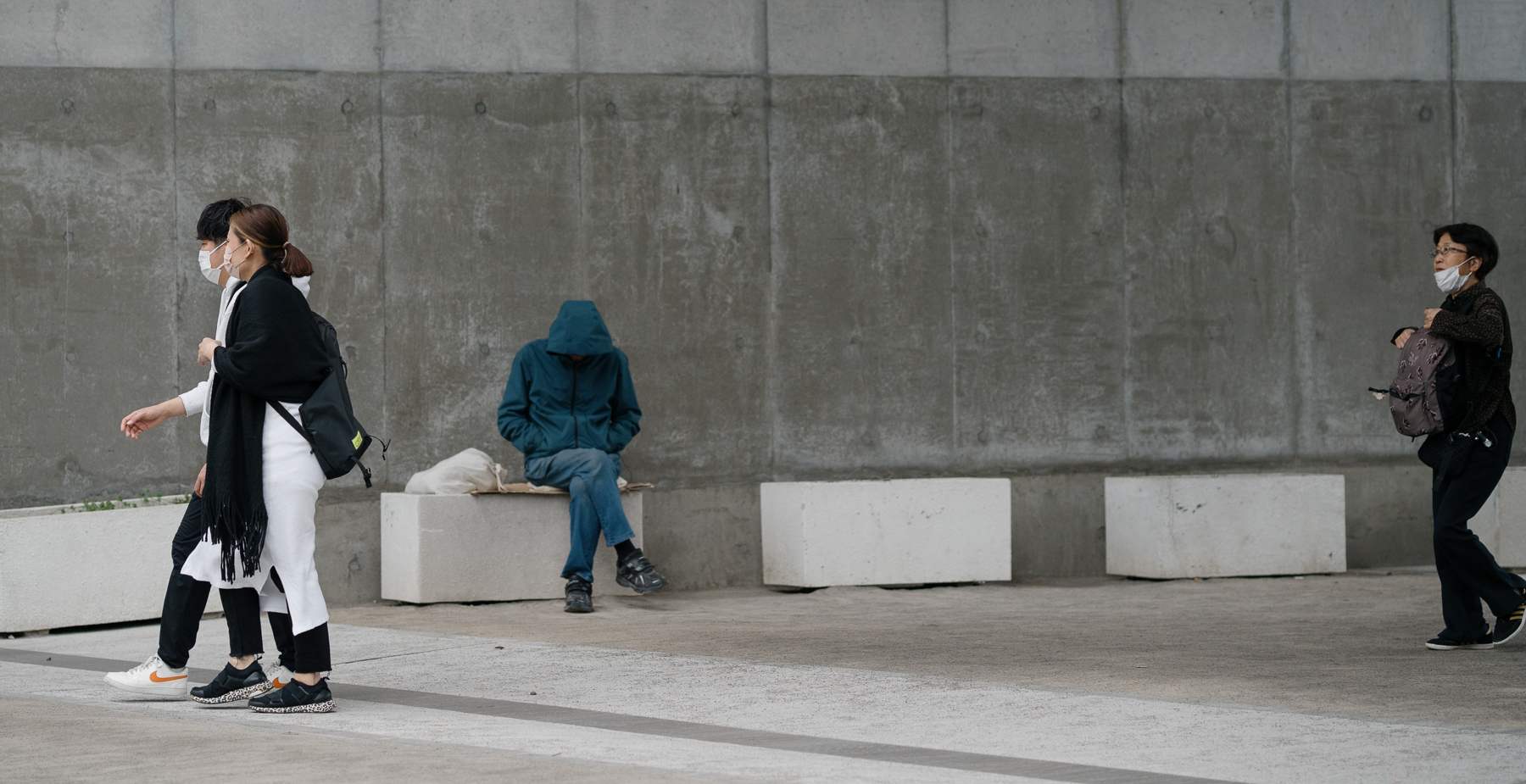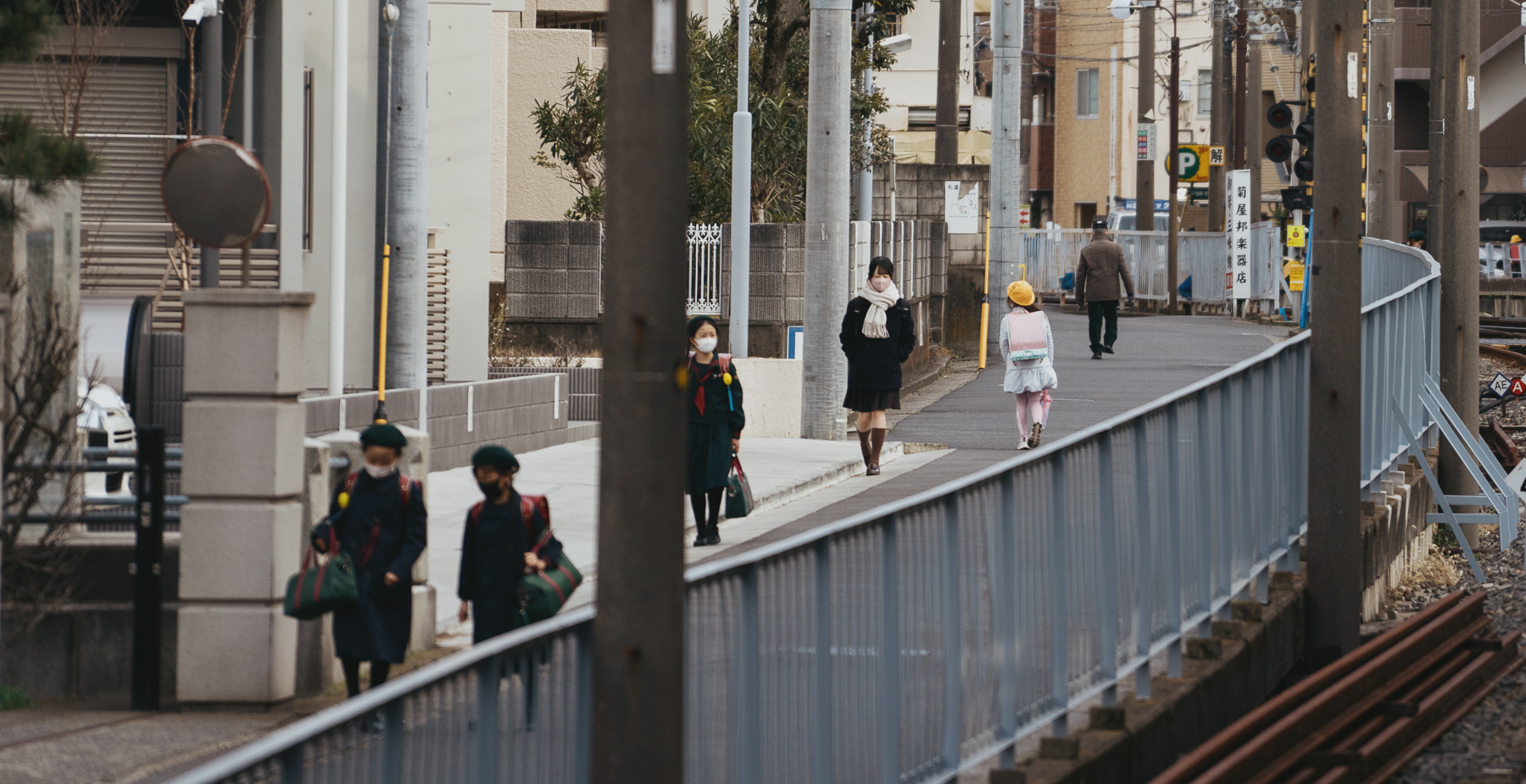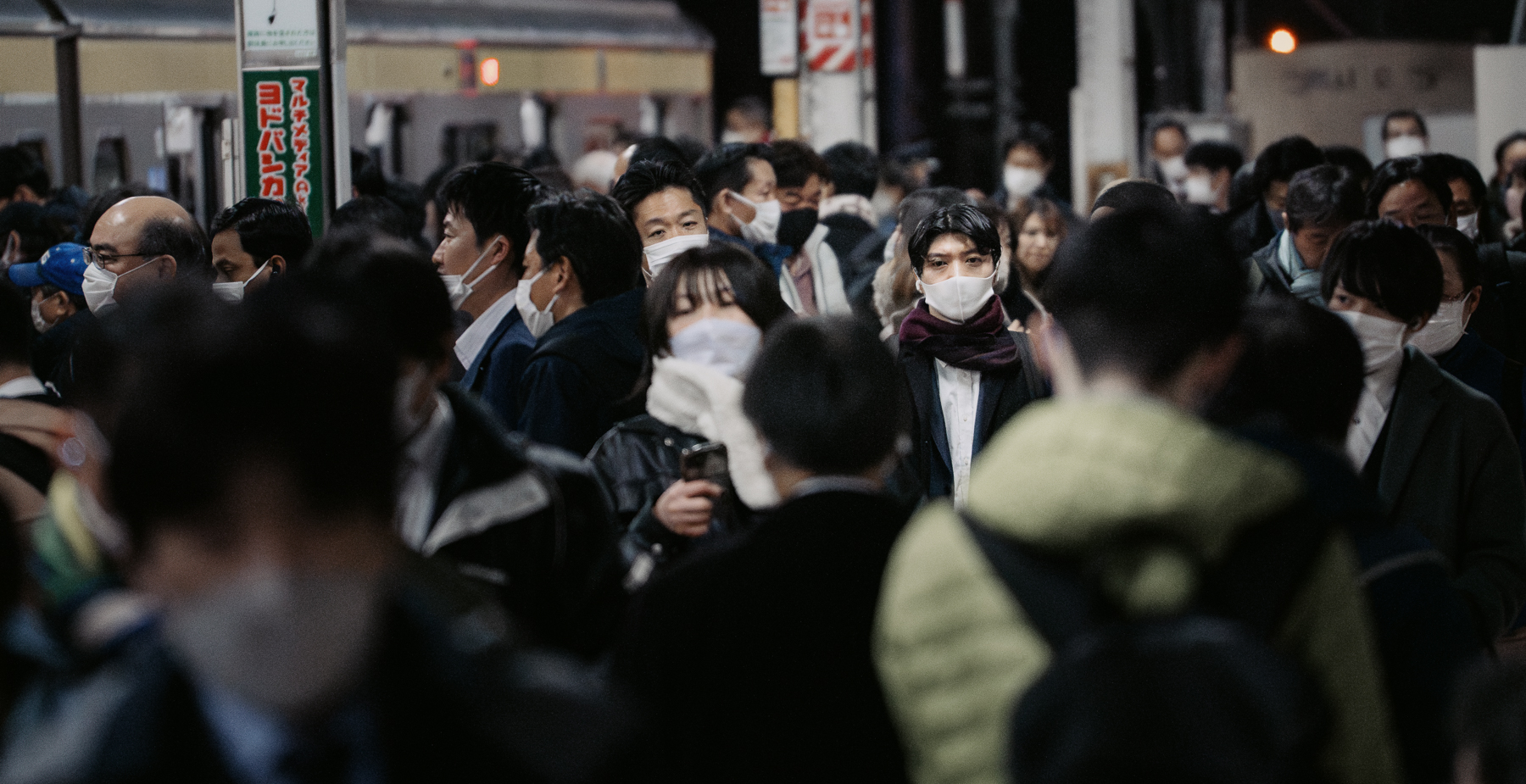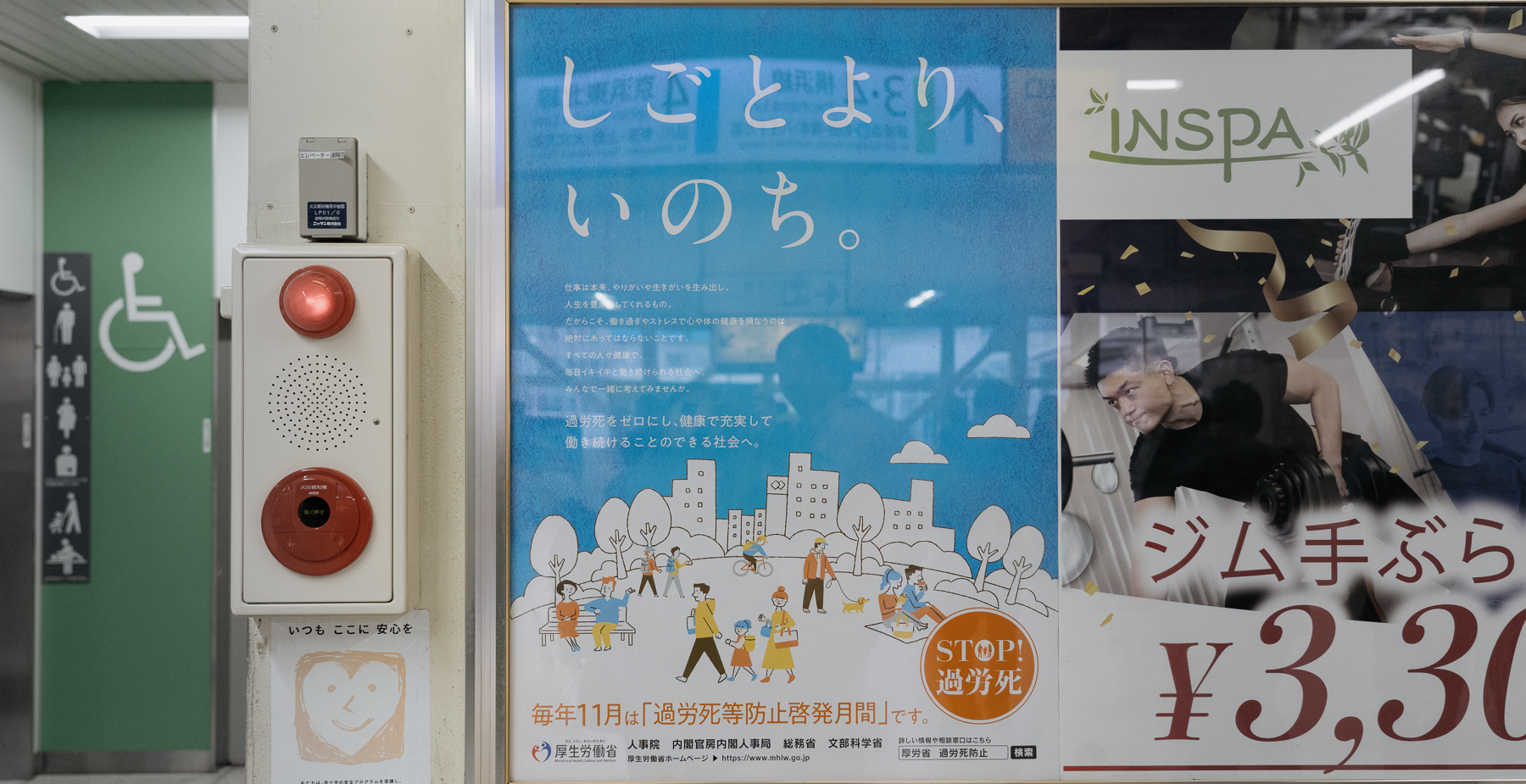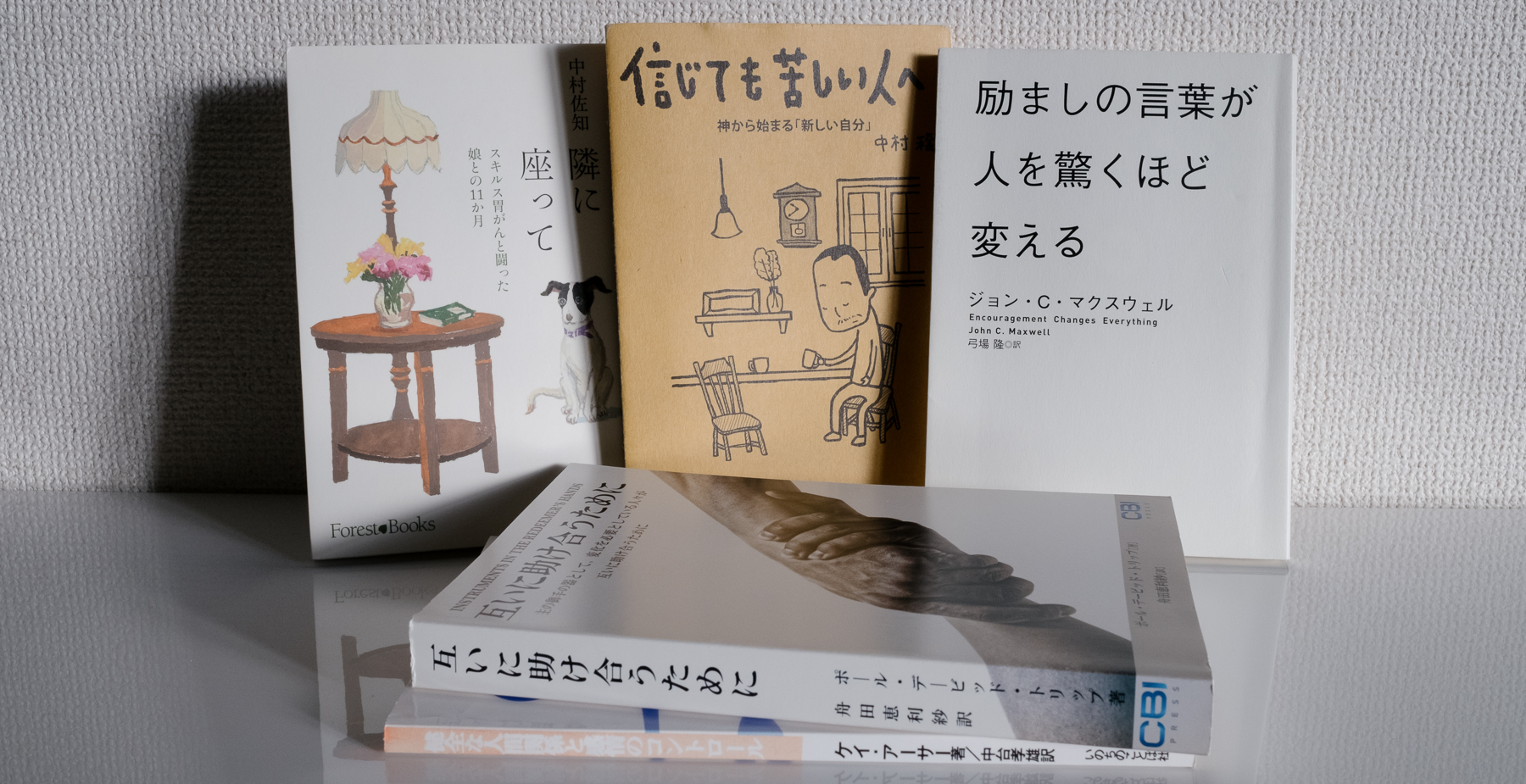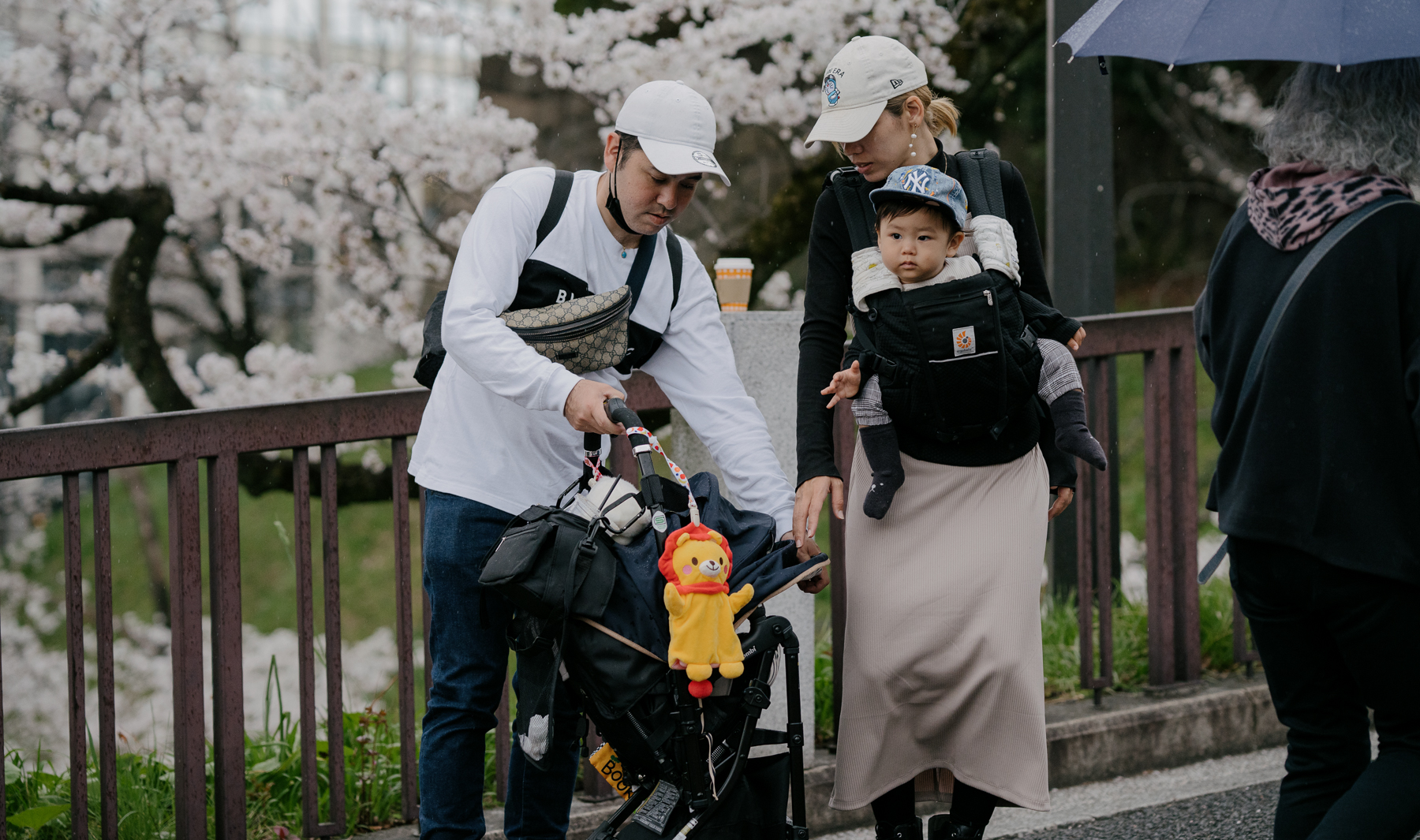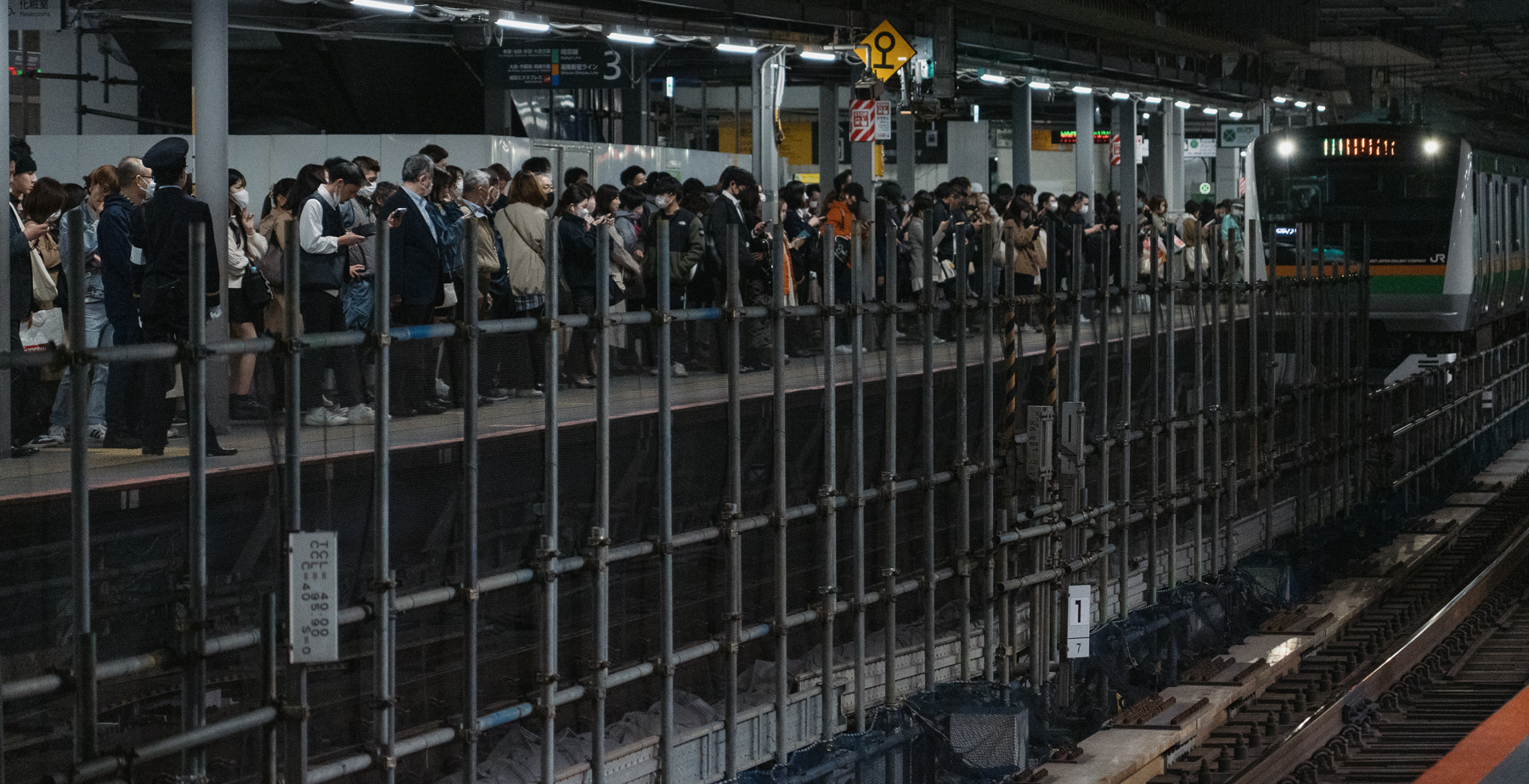A missionary couple hosted Riku for four months at their home. For two years before then, he had shut himself inside his house, but had eventually been kicked out for being violent.
Riku was one of over a million people in Japan with hikikomori, a condition in which individuals shut themselves off from society for at least six months.1 Yet any time the couple mentioned healing, Riku would insist he was not like one of “those people.”
It can be difficult for Japanese people to admit they struggle with a mental health issue. Many fear being stigmatized. Treatment in Japan often focuses on medication without the support of counseling.
In another troubling trend, suicides of young people climbed to an all-time high in 2022.2 Suicide is the leading cause of death among 10-39 year olds in Japan.3 The number of school children committing suicide typically peaks after the summer break. There can be several contributing factors to this, including family issues, bullying, and academic pressures.
There is, however, a growing awareness of mental and emotional health issues both in society and the church. Government-funded suicide prevention strategies are showing some success. And more Christians are interested in going into mental health professions.
